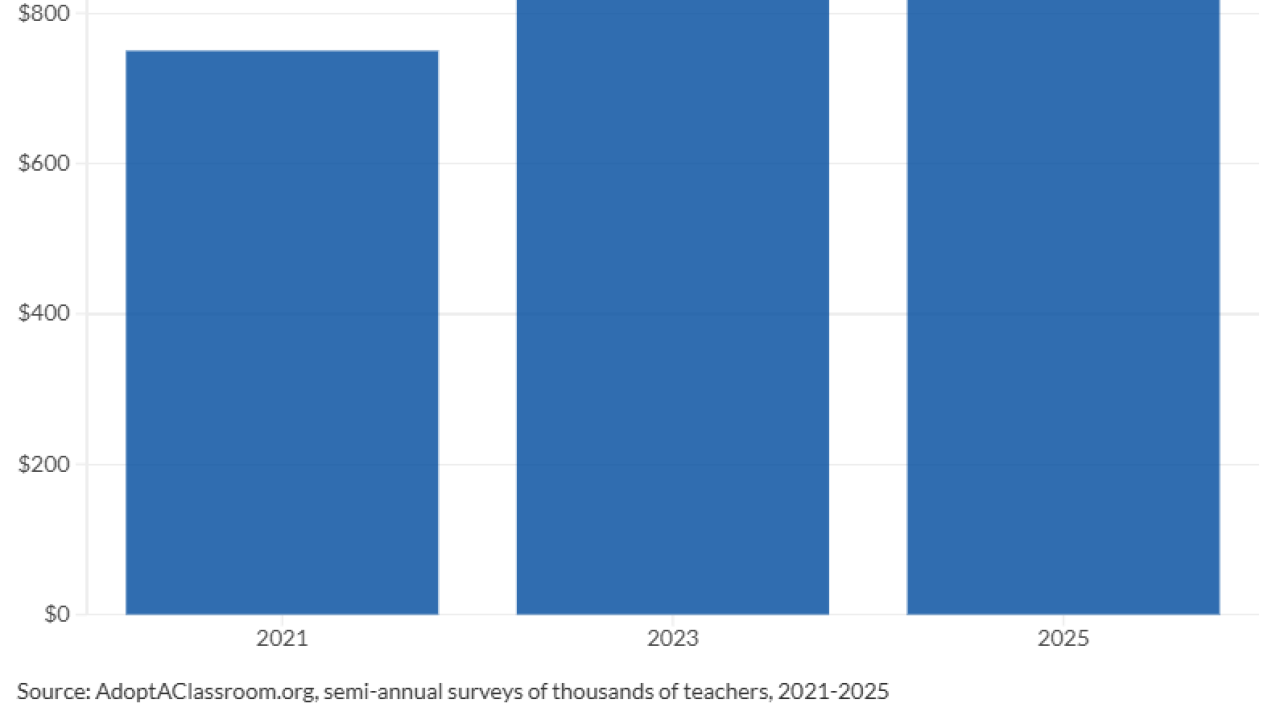The Internal Revenue Service agreed to ease its policies for low-income taxpayers who are trying to settle their tax debts and still get tax refunds, after the head of the Taxpayer Advocate Service asked for relief.
National Taxpayer Advocate Erin Collins announced the policy change in a
In addition, the IRS won’t apply current-year tax refunds to the agreed-upon tax liability under the offer in compromise. Effective Nov. 1, 2021, the IRS will no longer offset or recoup refunds for the calendar year in which the OIC was accepted on a Form 656. However, there’s an important caveat: If a taxpayer and the IRS execute the OIC based upon information known at the time of the settlement and the taxpayer later files an amended return requesting a refund for a year not covered by Form 656, the IRS can still offset that refund.
The changes come as many families are still struggling with the economic fallout from the COVID-19 pandemic, and inflation raising prices on common consumer goods like food and gasoline. The IRS has been providing the expanded Child Tax Credit this year to aid struggling families, but the tax credit is due to end in December unless Congress extends it by passing the Build Back Better Act, which is facing resistance from Republicans and some Democrats.

Another important change in policy will allow taxpayers who are suffering financial hardship to seek an OBR while the OIC application is still pending. They would thus be able to retain their tax refunds as long as they meet the criteria in the Internal Revenue Manual.
“For taxpayers facing an economic hardship, the anticipation of a refund may be the safety pin holding together a family’s ability to meet basic living expenses, especially for taxpayers relying on the Earned Income Tax Credit or the Additional Child Tax Credit,” Collins wrote. “Losing a tax refund may fuel financial chaos and leave the taxpayer unable to meet basic living expenses. An accepted OIC may lead to financial security.”
In her blog post, Collins also offered some recommendations to the IRS to help educate taxpayers about the benefits of the OIC and OBR programs.





